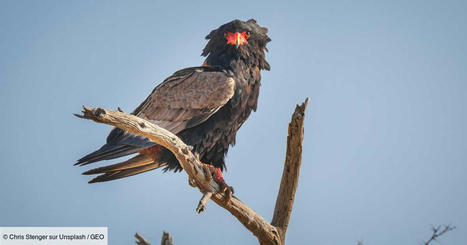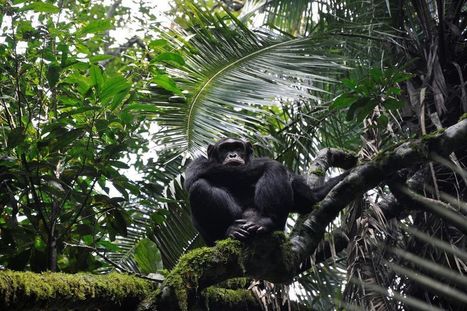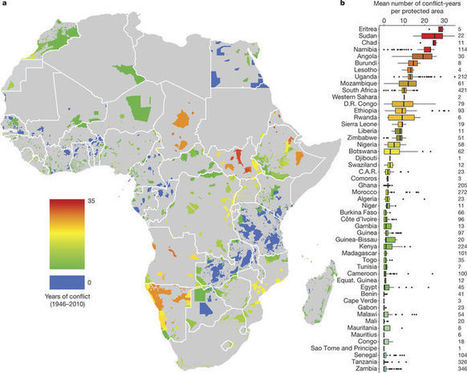Aigles, busards, vautours : à cause de l'expansion humaine, la plupart des rapaces de la savane d'Afrique subsaharienne connaissent des effondrements de populations à grande échelle et ce, même dans les aires protégées, révèle une analyse publiée dans la revue Nature Ecology & Evolution.
Research and publish the best content.
Get Started for FREE
Sign up with Facebook Sign up with X
I don't have a Facebook or a X account
Already have an account: Login
Revue de presse et du net par le Pôle de partage des connaissances S&T de l'Office français de la biodiversité
Curated by
DocBiodiv
 Your new post is loading... Your new post is loading...
 Your new post is loading... Your new post is loading...
|

DocBiodiv's curator insight,
April 29, 2020 11:30 AM
Santé, biodiversité, faune, pollution, la crise sanitaire actuelle met en lumière de nombreuses problématiques : Dans Libe du 26 avril 2020, Sophie Kloetzli interviewe Sabrina Krief, vétérinaire et professeure rattachée au Muséum d’Histoire naturelle. Dans Libe du 23 avril 2020, Sophie Kloetzli titre sa chronique Le Fil vert (Abonnés) "Le plastique, triste gagnant de la crise sanitaire ?" https://www.liberation.fr/terre/2020/04/23/le-plastique-triste-gagnant-de-la-crise-sanitaire_1785941 |















via @GEOfr Shaw, P., Ogada, D., Dunn, L. et al. African savanna raptors show evidence of widespread population collapse and a growing dependence on protected areas. Nat Ecol Evol 8, 45–56 (2024). https://doi.org/10.1038/s41559-023-02236-0 via @NatureEcoEvo